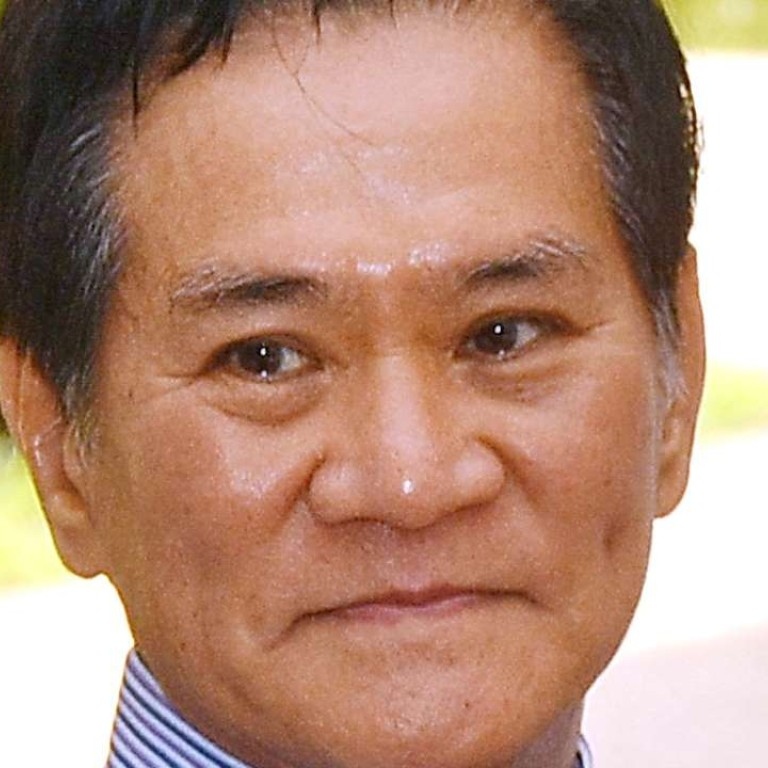
Scholars wanted: Thailand’s AIT leads international academic collaborations in resolving cross-border issues
Postgraduate institution’s 500 international research staff have undertaken 450 projects worldwide, worth HK$357 million
When Professor Worsak Kanok-Nukulchai said that the Asian Institute of Technology (AIT) is a mutual platform for international collaboration, the university president was not exaggerating.
Over the decades, the postgraduate institution has established itself as a premier research institution for companies and governments seeking to solve transnational issues like climate change and water management.
“Our focus is research for mankind,” Worsak says. “Because a single country cannot resolve all its problems, AIT stands as a neutral platform where many countries can cooperate.”
Home to more than 500 research and support staff from 42 countries, AIT participates in more than 450 research projects worldwide worth 1.6 billion
Thai baht (HK$357 million).
AIT has worked with the Bill & Melinda Gates Foundation on the Reinvent the Toilet Challenge, and with the Canadian government on a breakthrough technology simplifying house construction. The university is also part of the Food Innopolis initiative, a flagship project of the Thailand government focused on securing the country’s food supply.
Because a single country cannot resolve all its problems, AIT stands as a neutral platform where many countries can cooperate
Rated best nationwide in seven academic disciplines by the Thailand Research Fund, AIT boasts of offering curricula that are as varied and innovative as its alumni network.
The university’s integrated bachelor-master programme condenses a four-year bachelor’s degree and a two-year master’s degree into a single five-year course. AIT also offers a one-year professional master’s programme to update working professionals on technological developments.
With about 70 per cent of students from overseas, AIT promotes academic partnerships with foreign universities.
In China, the institute has an ongoing student and faculty exchange programme with Beijing Institute of Technology. AIT has also developed with Beijing Jiaotong University a joint curriculum on emerging high-speed railway technologies.
“We invite scholars from around the world to work with us,” Worsak says. “They will surely appreciate the cultural diversity that this small replica of the world has to offer.”
http://www.ait.ac.th
